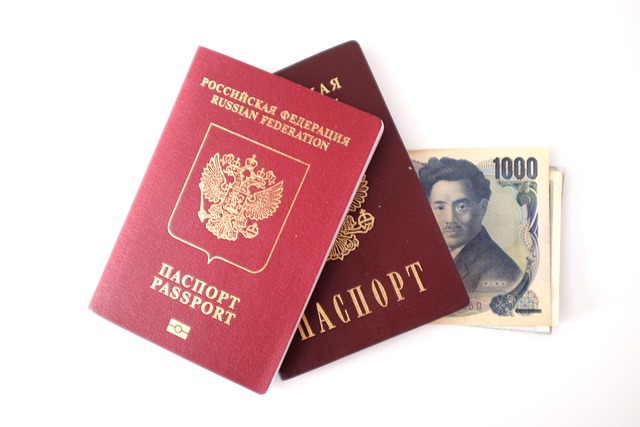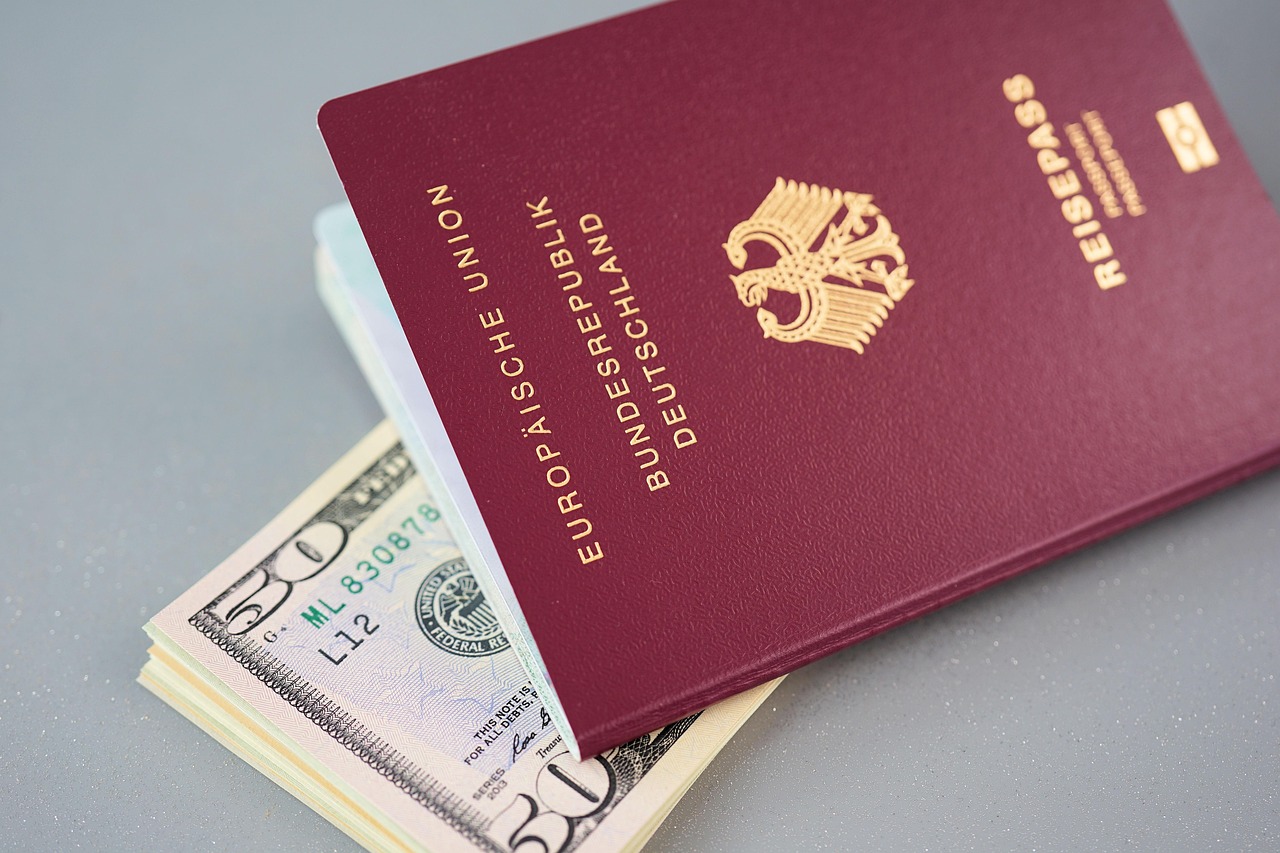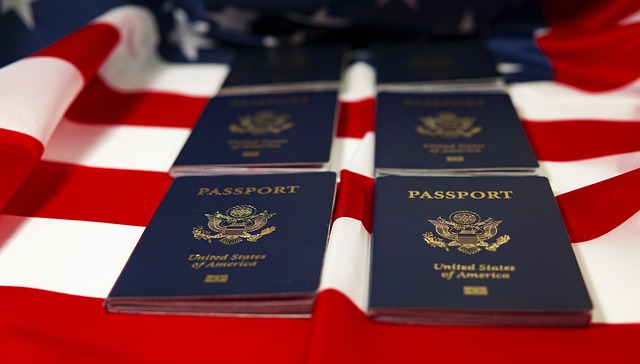British Citizenship by Marriage: What You Need to Know

Obtaining British citizenship through marriage is a common pathway for spouses of British citizens. However, the process is complex and involves meeting specific eligibility criteria, completing various applications, and adhering to strict timelines. This article provides a comprehensive guide to British citizenship by marriage, covering the requirements, application process, and key considerations for applicants.
1. Understanding British Citizenship by Marriage
British citizenship by marriage is not an automatic process. Instead, it involves applying for settlement (indefinite leave to remain) first, followed by naturalization as a British citizen. The process is governed by the UK Home Office and requires applicants to meet stringent criteria.
2. Eligibility Criteria
To qualify for British citizenship through marriage, you must meet the following requirements:
a. Marriage to a British Citizen
You must be married to or in a civil partnership with a British citizen. The relationship must be genuine and legally recognized in the UK.
b. Residency Requirements
You must have lived in the UK for at least 3 years before applying for citizenship. During this period, you must have held indefinite leave to remain (ILR) or settled status for at least 12 months.
c. Indefinite Leave to Remain (ILR)
Before applying for citizenship, you must have obtained ILR. To qualify for ILR, you typically need to:
- Have lived in the UK for at least 5 years (or 3 years if you are married to a British citizen).
- Pass the Life in the UK Test.
- Meet the English language requirement (unless exempt).
d. Good Character Requirement
You must demonstrate good character, which includes:
- No serious criminal convictions.
- Compliance with UK immigration laws.
- No involvement in activities that could harm national security.
e. Absences from the UK
You must not have spent more than 270 days outside the UK during the 3-year qualifying period, with no more than 90 days in the final 12 months before applying.
f. English Language Proficiency
You must prove your knowledge of the English language by passing an approved English test or holding a degree taught in English.
3. Application Process
The process of obtaining British citizenship by marriage involves several steps:
a. Step 1: Obtain a Spouse Visa
If you are not already in the UK, you must apply for a spouse visa to join your British partner. This visa allows you to live and work in the UK for up to 2.5 years, with the option to extend.
b. Step 2: Apply for Indefinite Leave to Remain (ILR)
After living in the UK for 5 years (or 3 years if married to a British citizen), you can apply for ILR. This step requires:
- Submitting an application form.
- Providing supporting documents (e.g., proof of relationship, financial stability, and English language proficiency).
- Paying the application fee.
c. Step 3: Apply for British Citizenship
Once you have held ILR for at least 12 months, you can apply for British citizenship through naturalization. The application process includes:
- Completing the Form AN (Application for Naturalisation).
- Providing supporting documents (e.g., passport, proof of residency, marriage certificate).
- Paying the application fee.
- Attending a biometric appointment to provide fingerprints and a photograph.
d. Step 4: Attend a Citizenship Ceremony
If your application is approved, you will be invited to attend a citizenship ceremony. During the ceremony, you will take an oath of allegiance and receive your certificate of British citizenship.
4. Key Considerations
a. Financial Requirements
To qualify for a spouse visa and ILR, you and your partner must meet the minimum income requirement (currently £29,000 as of 2024, with plans to increase). Alternatively, you can demonstrate sufficient savings or meet other financial criteria.
b. Processing Times
Processing times for citizenship applications can vary. On average, it takes 6 months for a decision, but this can be longer if additional checks are required.
c. Dual Citizenship
The UK allows dual citizenship, meaning you can retain your original nationality while becoming a British citizen. However, some countries do not permit dual citizenship, so it is essential to check the rules of your home country.
d. Children and Citizenship
If you have children, they may also be eligible for British citizenship, depending on their circumstances. Children born in the UK to a parent with ILR or British citizenship are usually automatically British citizens.
5. Common Challenges and Tips
a. Documentation
Ensure all documents are accurate, up-to-date, and translated into English if necessary. Missing or incorrect documentation can delay your application.
b. English Language Test
Prepare thoroughly for the English language test, as failing can result in your application being rejected.
c. Life in the UK Test
Study for the Life in the UK Test, which assesses your knowledge of British history, culture, and values. Practice tests and study guides are widely available.
d. Legal Advice
Consider seeking legal advice from an immigration solicitor, especially if your case is complex or you have previously been refused a visa.
6. Costs Involved
The costs of obtaining British citizenship by marriage can add up. Key expenses include:
- Spouse Visa Application Fee: £1,846 (as of 2024).
- ILR Application Fee: £2,885.
- Citizenship Application Fee: £1,580.
- Life in the UK Test Fee: £50.
- English Language Test Fee: Varies by provider.
- Biometric Appointment Fee: £19.20.




